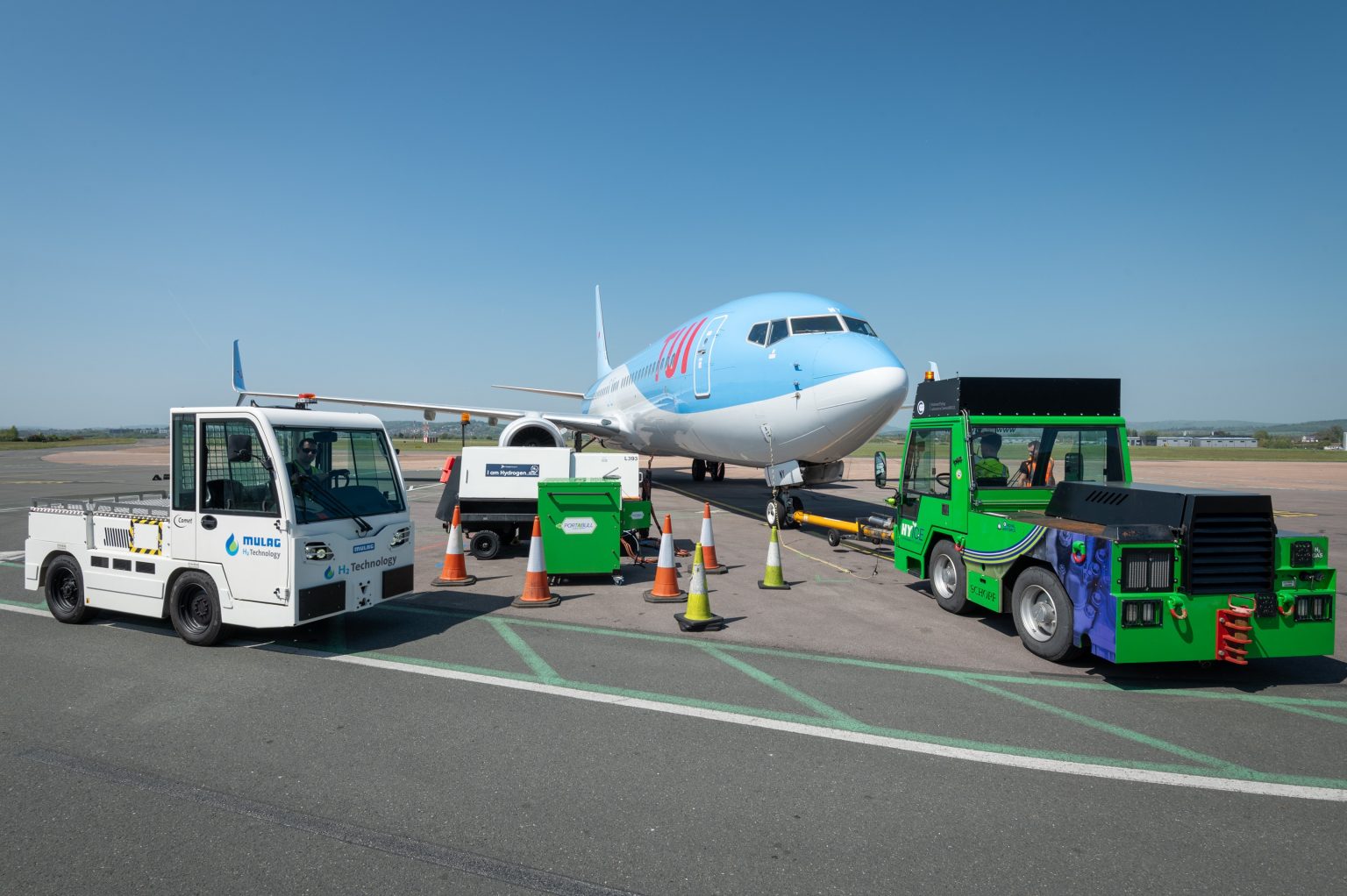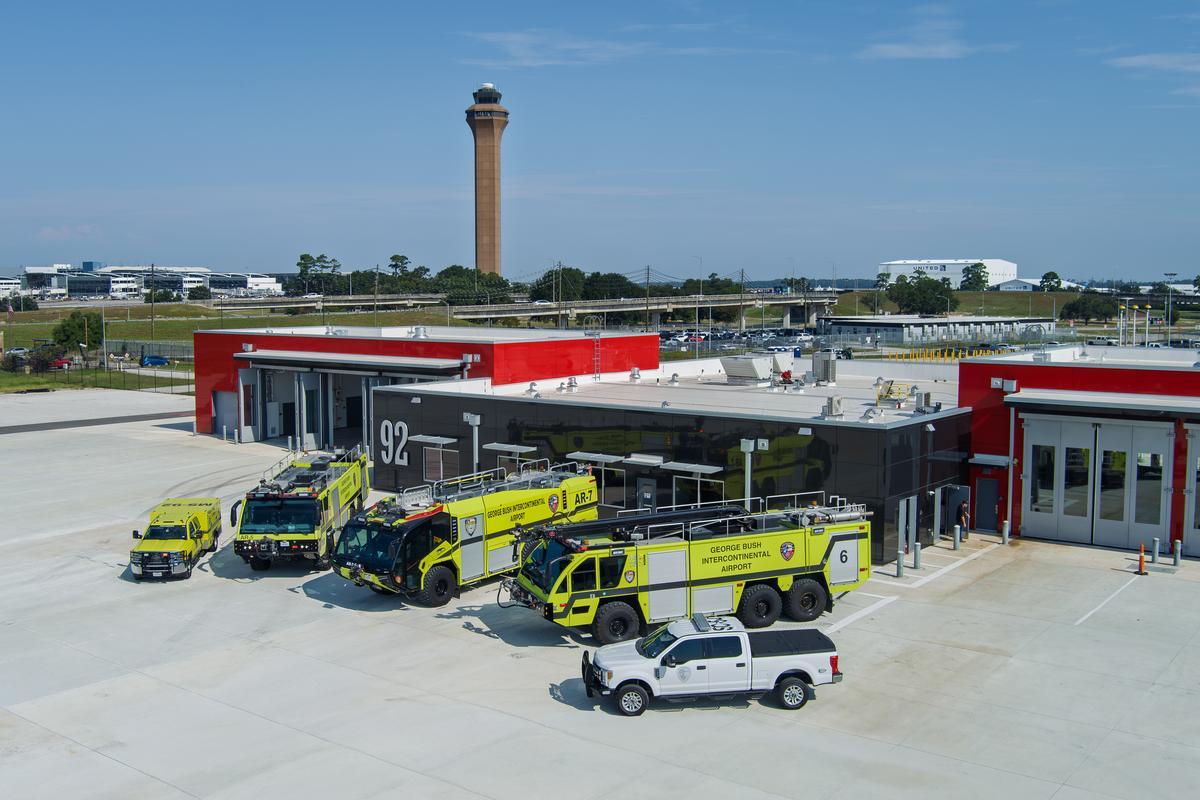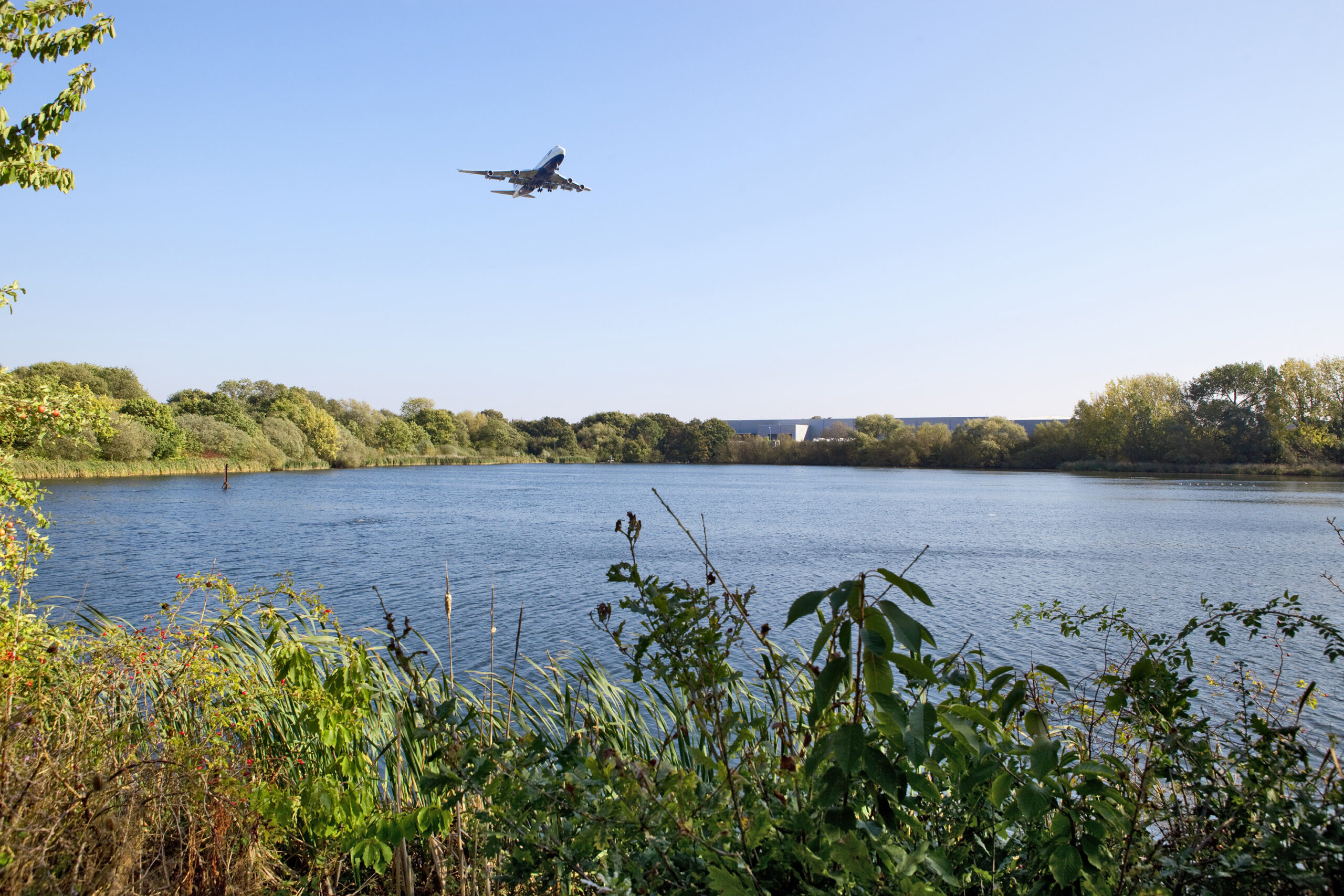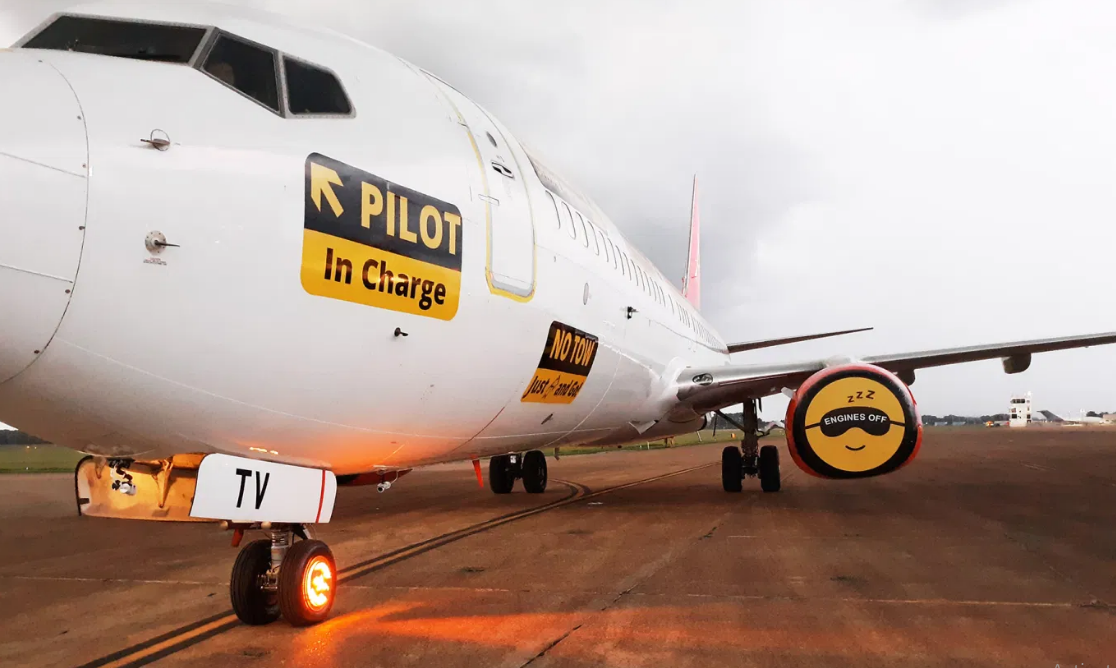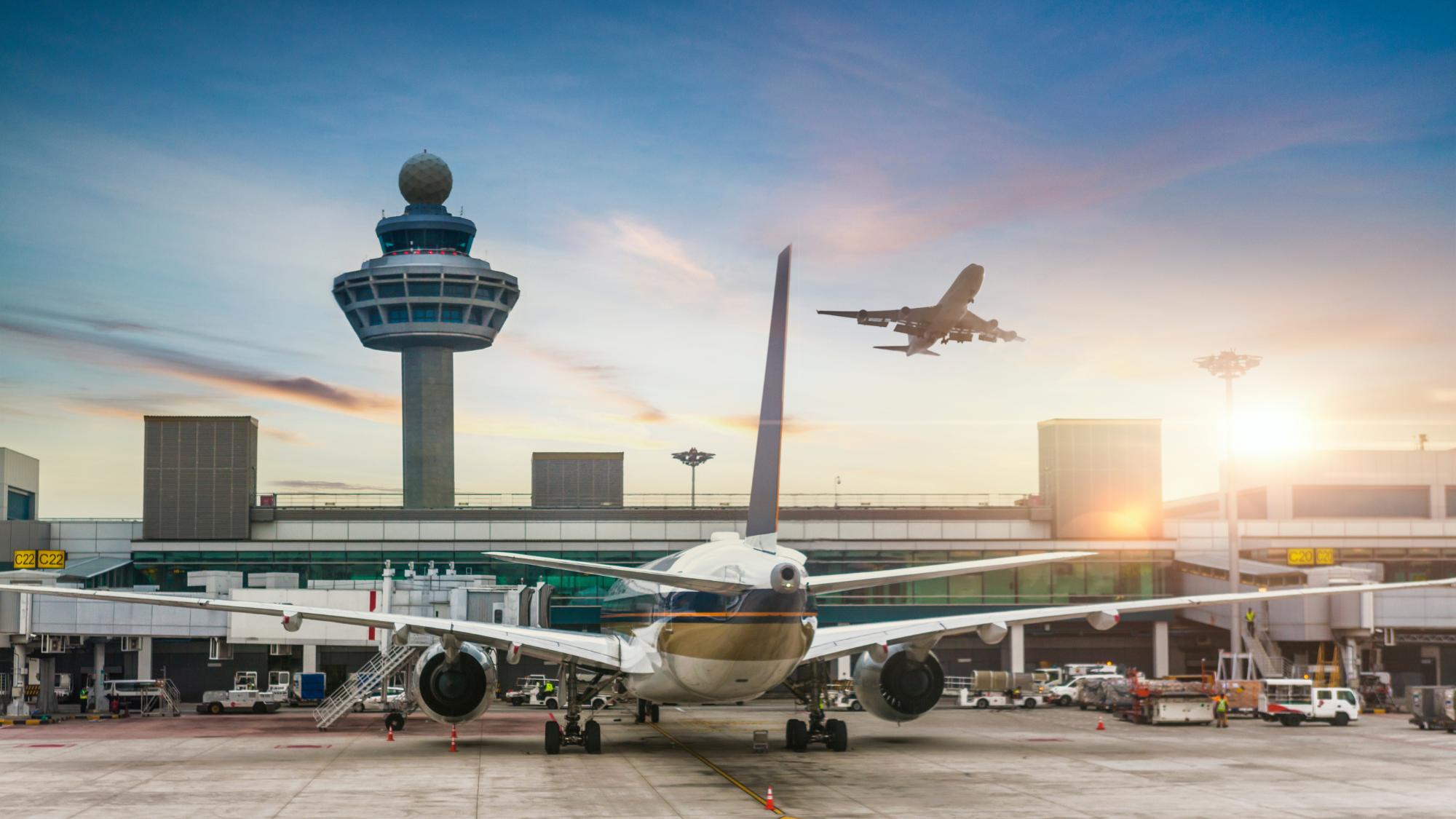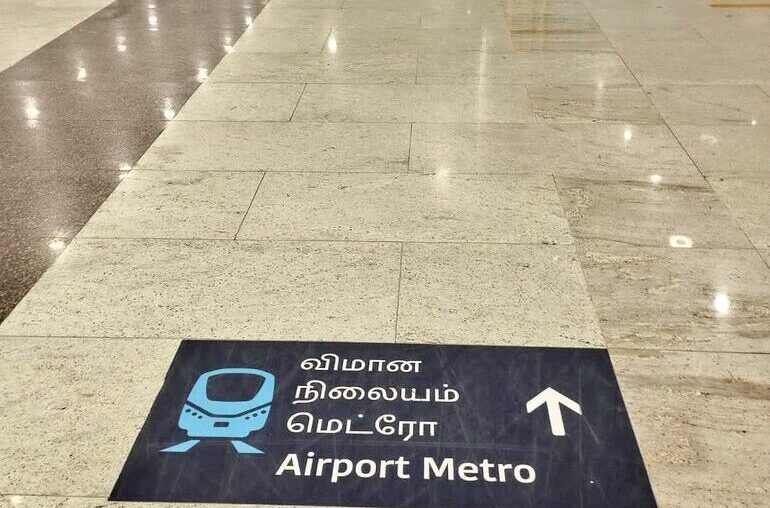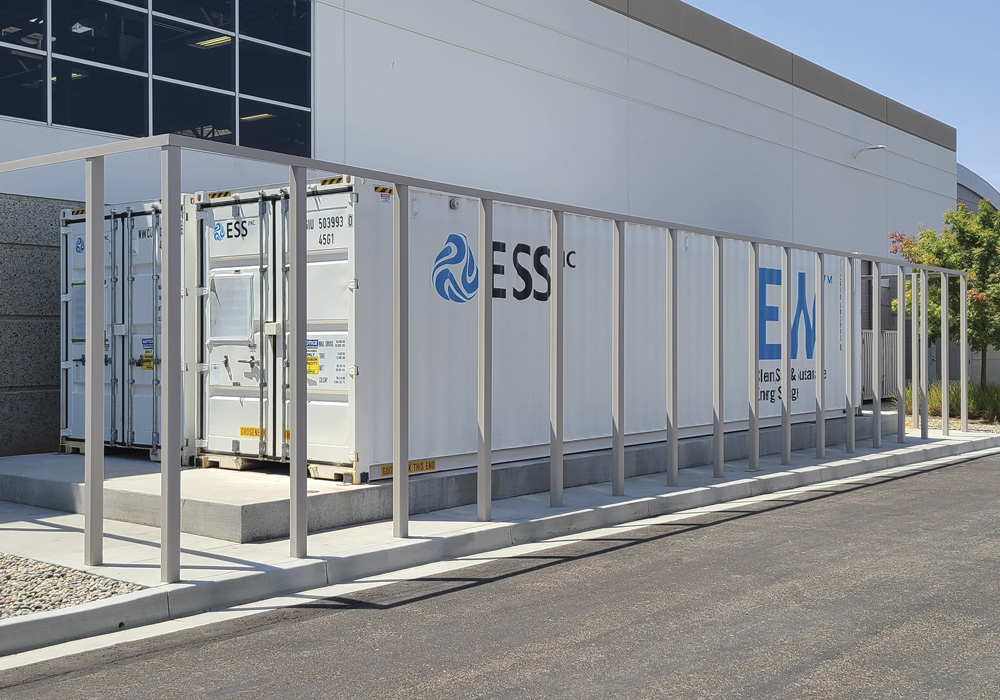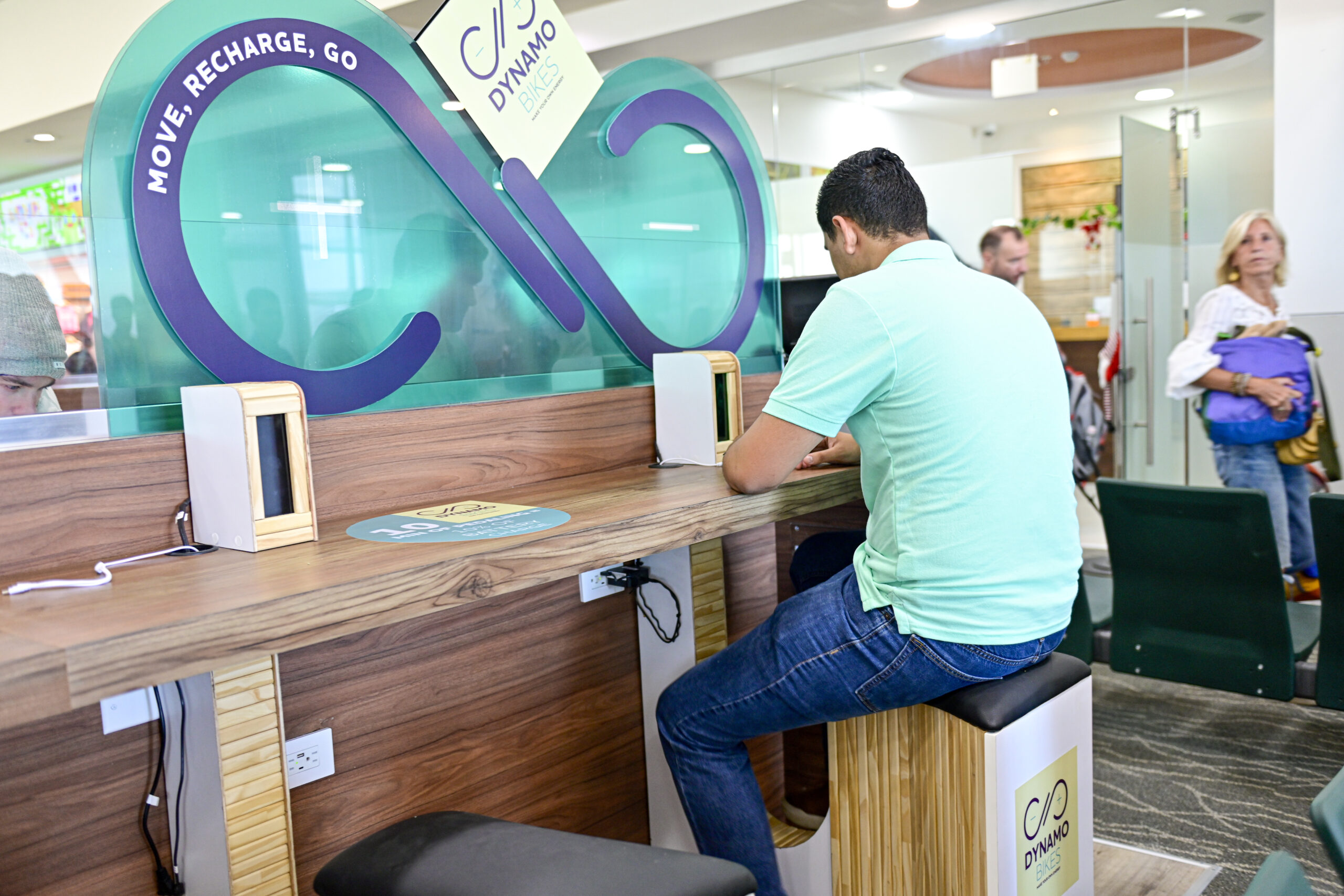Air India has signed an agreement with KSU Aviation to launch TaxiBot operations at Delhi Airport (DEL) and Bengaluru Airport (BLR) for its Airbus A320 aircraft.
This partnership advances Air India’s goal to reducing its carbon footprint, as the use of TaxiBots is expected to save approximately 15,000 tonnes in fuel consumption over three years.
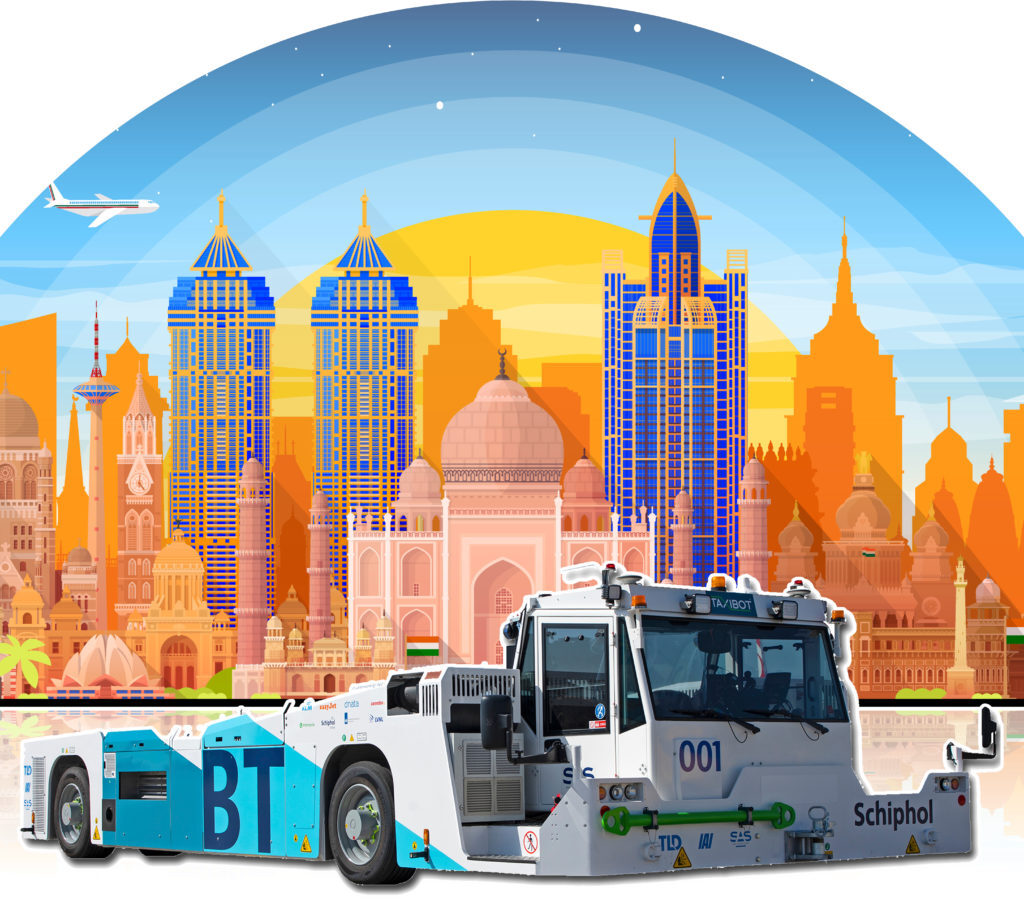
The semi-robotic TaxiBot system attaches to the aircraft to act as an extension of the aircraft’s nose landing gear system. It can then be used to tow aircraft during the taxi process without using the aircraft’s engines.
This process reduces fuel consumption, carbon emissions, noise levels and operational costs for airlines.
Campbell Wilson, CEO & MD, Air India, said:As a responsible airline, Air India is constantly looking for ways to improve sustainability and manage our carbon footprint. The deployment of TaxiBots is one more example of our commitment to reduce emissions and fuel consumption. This collaboration with KSU will allow us to better assess the capabilities of TaxiBots, and potentially lead to greater deployment across Air India’s subsidiaries and other airports.
This agreement builds on Air India’s success in October 2019, when it became the first airline worldwide to use a TaxiBot on an Airbus A320 aircraft operating a commercial flight with passengers.
Ashwani Khanna, Director, KSU Aviation Pvt. Ltd., said:We are excited about the formal induction of TaxiBot as part of Air India’s focussed approach to address its carbon footprint. Air India is undergoing a massive transformation and has adopted sustainable practices as an integral part of this journey. We are committed to partner with like-minded organisations like Air India to leverage modern day technology in reducing carbon footprint and accelerate the pursuit of being net zero.



